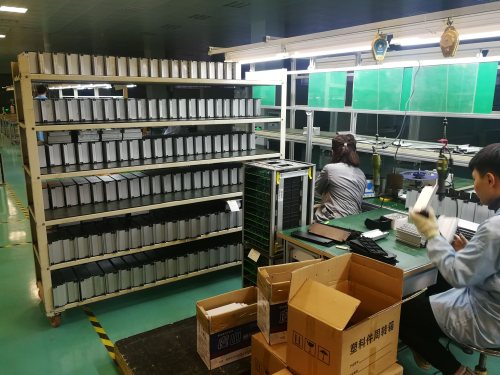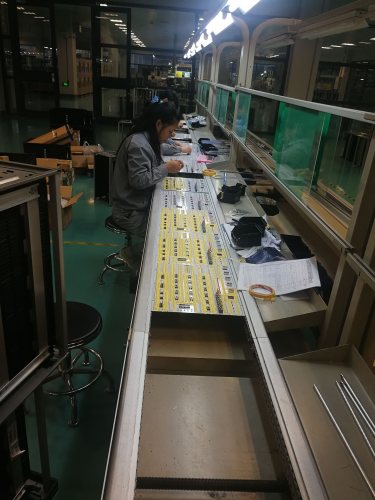SL230 Condensation process educational lab equipment Thermal Laboratory Equipment
1. Description
Condensation forms when steam meets a medium with a lower temperature than the saturation temperature for the existing partial pressure of the steam. Factors such as the material and surface roughness of the medium influence the heat transfer and thus the type of condensation. Is usually film condensation. Dropwise condensation only forms when the cooling surface is very smooth and poorly wettable, eg Teflon. KnoSLedge of condensation processes is applied eg steam power plants or at distillation processes.
The SL 230 experimental unit can be used to demonstrate the different condensation processes using two tubular shaped water-cooled condensers made of different materials. Dropwise condensation can be by by means of the condenser with a polished gold-plated surface. Film condensation forms on the Matt copper surface of the second condenser, thus making it possible to examine film condensation.
The tank can be evacuated via a water jetpump. The boiling point and the pressure in the system are varied by cooling and heating power. Sensors record the temperature, pressure and flow rate at all relevant points.

2. Technical details
Specification
Visualisation of the condensation process of water in a transparent tank
Two water-cooled tubes as condensers with different surfaces to realise film condensation and
Controlled heater to adjust the boiling temperature
Water jetpump to evacuate the tank
Pressure switch and safety valve for safe operation
Sensors for temperature, pressure and flow rate with digital display
Technical data
Heater
Output: 3kW, freely adjustable
Condenser
1x tube with matt copper surface
1x tube with a polished gold-plated surface
Water jetpump
Flow rate: 4...12L/min
Pressure: 16mbar
Safety valve: 2200 mbar absolute
Measuring ranges
Pressure: 0...10bar abs.
Flow rate: 0,2...6L/min
Temperature: 4x 0...100°C, 3x 0...200°C
